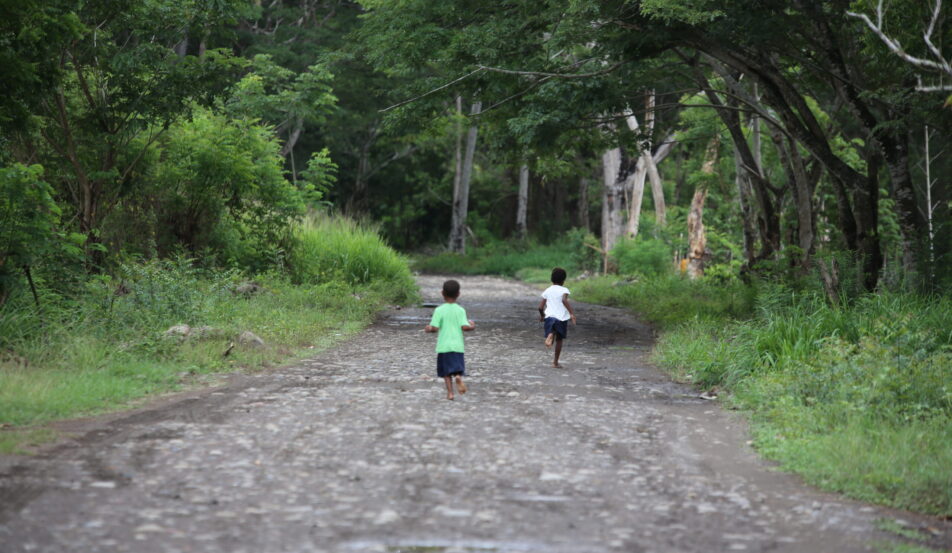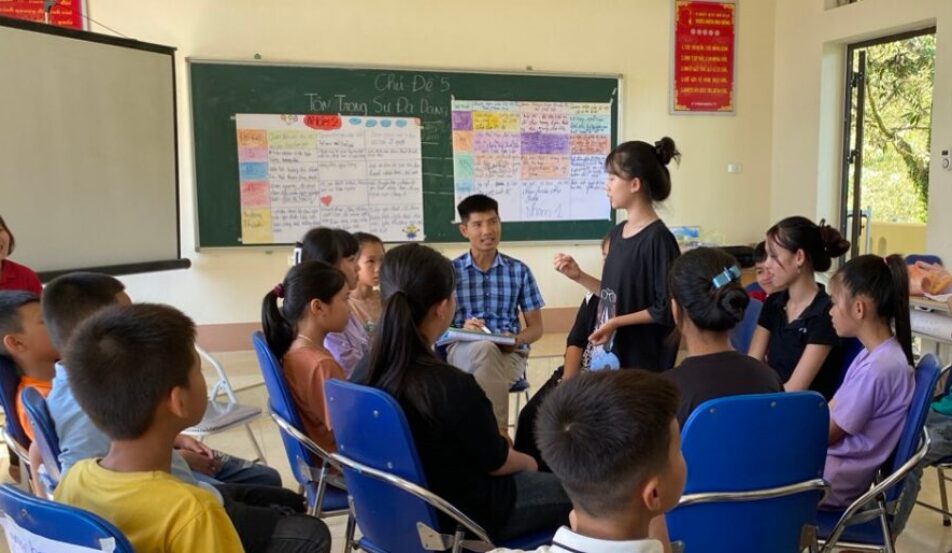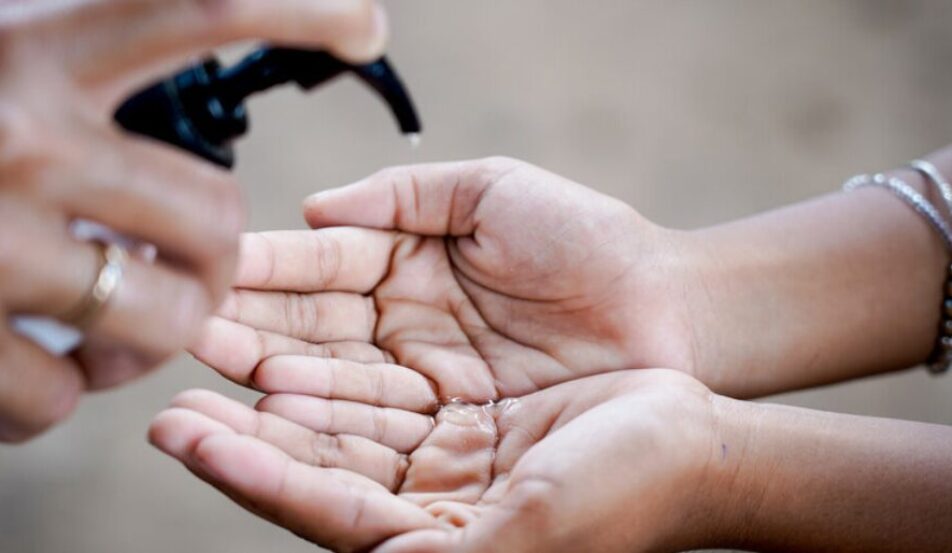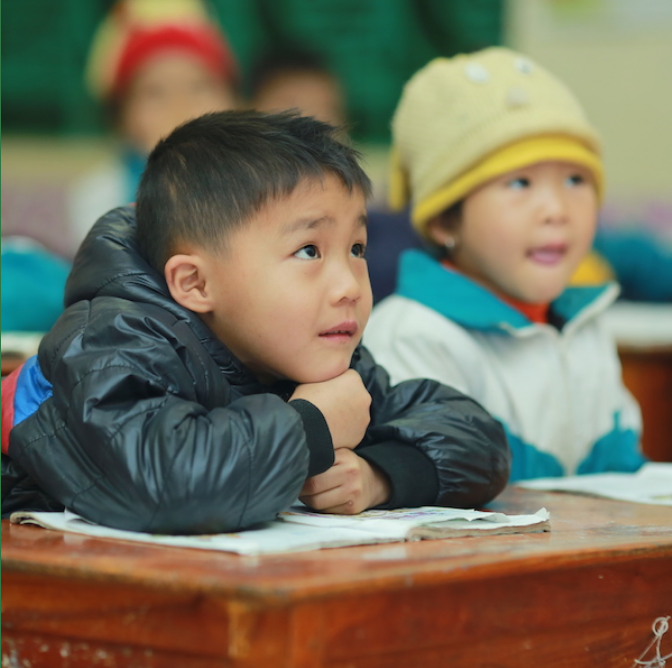How do viruses mutate?
Just like bacteria or animals, viruses grow and evolve to survive. The influenza virus is known to mutate, which is why we require new vaccines annually to protect vulnerable populations. More recently we have seen the impact virus mutations can have on infectious disease response with the emergence of several new COVID-19 variants. This is why public health and outbreak management strategies continue to evolve in response.
In light of the continued development of the COVID-19 pandemic around the globe, and emergence of new strains, we look at how and why viruses mutate.
What is a virus?
A virus is a small infectious agent that can only replicate inside the living cells of an organism. A virus cannot reproduce outside its host, and unlike bacteria, viruses cannot live or grow independently in the environment. Viruses are not considered alive because they cannot metabolise like other living things. They must invade the cellular machinery of a host cell to produce copies of themselves.
Viruses cause diseases by invading healthy cells and using them for their own purposes.
How do viruses spread?
There are many ways viruses can spread and they include:
Person-to-person transmission
Humans are social creatures, and behaviours such as hugging, hand-shaking and kissing can transmit viruses. While some viruses are spread through direct physical contact , other viruses can also be transmitted through droplets resulting from a person sneezing or coughing.
Animal-to-human transmission
Diseases that spread from an animal to a human are known as zoonoses.
While some animals may show no symptoms at all, they can serve as hosts until transmission occurs with humans who can then become sick. Often these are new diseases to humans who haven’t yet developed a natural defence against them, and can result in severe illness.
Airborne transmission
You can get the flu by being in contact with tiny droplets in the air created from infected people speaking or breathing.
What do we mean by virus “mutation” or “variants”?
According to the World Health Organization (WHO), the genetic material of a virus can change when it replicates. This change is known as a “mutation” and once a virus has one or several mutations, it becomes a “variant” of the original virus.
As viruses circulate around a community, the more they can mutate and change. As a result of this community transmission, the virus variant may better adapt to the environment than the original virus. This is known as “virus evolution.”When a virus mutates, its transmissibility or severity can change The COVID-19 Delta variant is more contagious than previous COVID-19 strains, and is a prime example of “virus evolution” in the community.
How to manage or handle virus mutations?
The best way to protect yourself from viruses like COVID-19 and influenza is to practise good hygiene and social distancing, and wear a mask in public. Hand washing with soap and sanitising items are just some of the simple things you can do daily.
It is also advisable to follow the directions and health advice of your professional governing body and get vaccinated. The importance of vaccines cannot be overstated. They have saved countless lives and continue to do so every day across the globe.
If you are concerned about some of the misinformation circulating about COVID-19 vaccinations, you can read our myth-busting article COVID-19 vaccine myths: fact vs fiction.
What impact do the new variants, such as the Delta COVID-19 strain have?
As the COVID-19 virus continues to mutate, many are left wondering what’s next?
The WHO confirms that the COVID-19 vaccines either in development or currently being administered worldwide, are expected to provide a good degree of protection from the new variants.
Despite the varying mutations of COVID-19, vaccines are still an effective means to help fight and reduce the severity of the virus.
How you can help fight COVID-19 around the world
The global health, social and economic impacts of the COVID-19 pandemic cannot be underestimated.. Impacts such as healthcare facilities becoming overwhelmed with COVID-19 cases, school and business closures, and social and travel restrictions, have been devastating for many developing communities around the globe.
You can help provide much needed support for vulnerable children and families around the world as the COVID-19 pandemic continues to unfold. Donate now to ChildFund Australia’s COVID-19 crisis appeal


































